(ECNS) -- The European Commission on Tuesday announced imposing anti-subsidy tariffs on Chinese-made electric vehicles (EVs), a decision that has sparked strong opposition from within the EU and key industry stakeholders.
Starting Thursday, these tariffs will remain in place for five years with varying rates: 17 percent for BYD, 18.8 percent for Geely, and 35.3 percent for SAIC, among China's leading automakers.
Benjamin Norton, founder of the Geopolitical Economy Report and a foreign policy expert, stated in an exclusive interview with China News Network that Europe's attitude not only delays the transition from fossil fuels to clean energy worldwide but also reveals a political inclination regarding climate issues.
Since the beginning of this year, some Western countries have hyped so-called “China’s overcapacity”. With the dust settling, EU’s final tariff decision confirms that such claims serve as a pretext for protectionist agendas in the West.
Norton pointed out that the U.S. has never criticized large-scale vehicle exports from allies such as Japan, South Korea, and Germany as “overcapacity.” However, when China began exporting electric vehicles, such accusations surged.
He argued that imposing tariffs not only restricts bilateral trade but also prevents European consumers from accessing high-quality, cost-effective electric vehicles made in China, forcing them to pay nearly double for alternative models. This resistance to Chinese EV imports could further delay Europe's transition away from fossil fuels, ultimately affecting the EU’s climate goals.
“So in reality, the EU doesn’t really care about climate change, which is of course a big problem that faces the entire world. If we really are serious about combating climate change, we should be encouraging the production of as many electric vehicles as possible,” he said.
Norton further highlighted China's notable achievements in sustainable development, clean environments, and pollution reduction, especially in major cities like Beijing, where air pollution has significantly declined over the past decade.
He stressed that China's advancement in green technology not only addresses environmental challenges but also assists other countries in reducing their reliance on imported fossil fuels, thus stabilizing their economies.
“I think China is providing a public good for the rest of the world. It's very unfortunate that the response of western governments is to put tariffs on Chinese electric vehicles and solar panels. It's very unfortunate that the response is to wage a trade war instead of collaborating to combat climate change and to reduce the need for fossil fuels,” he concluded.









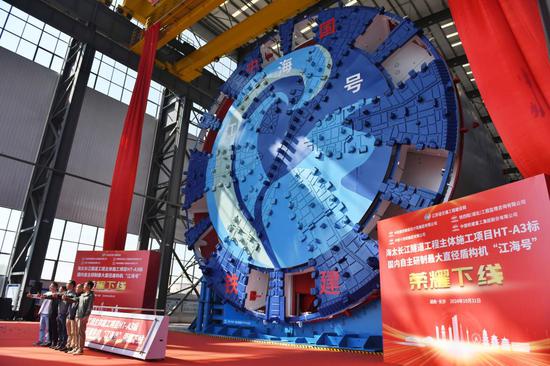




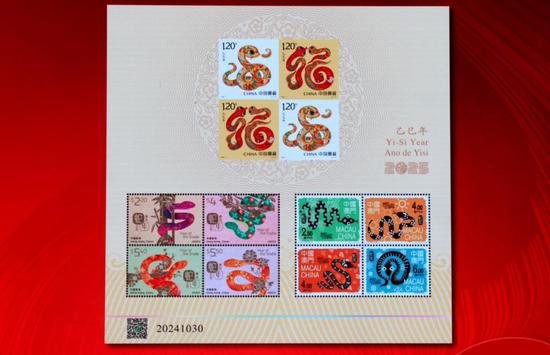

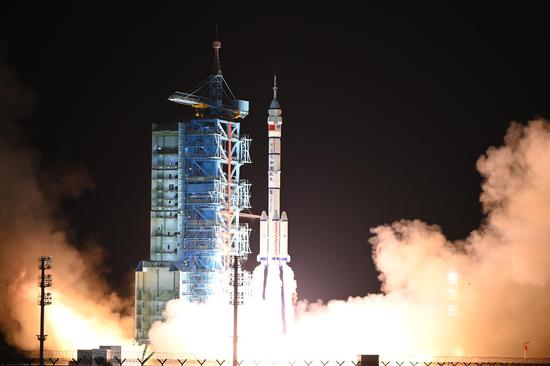
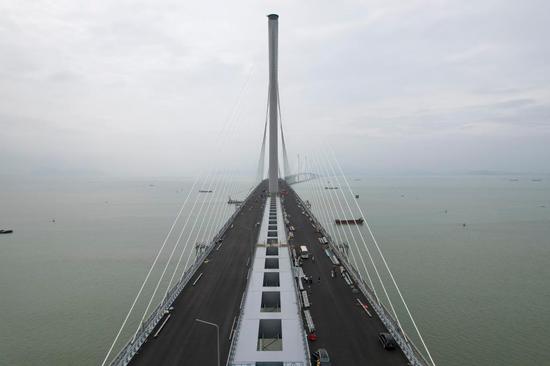
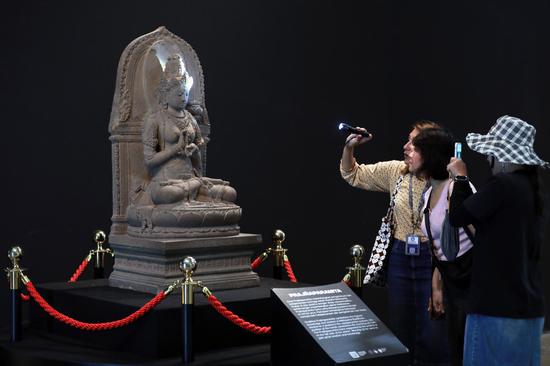






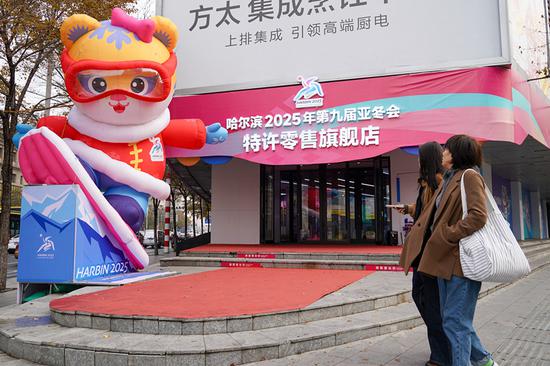




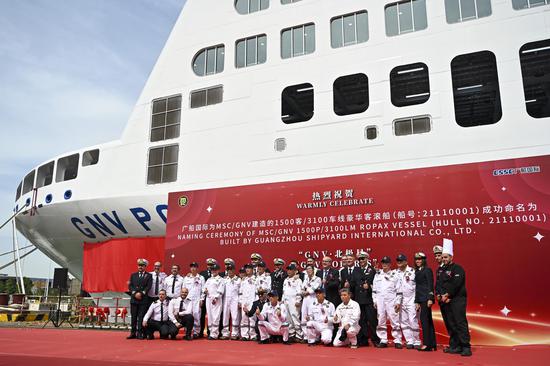

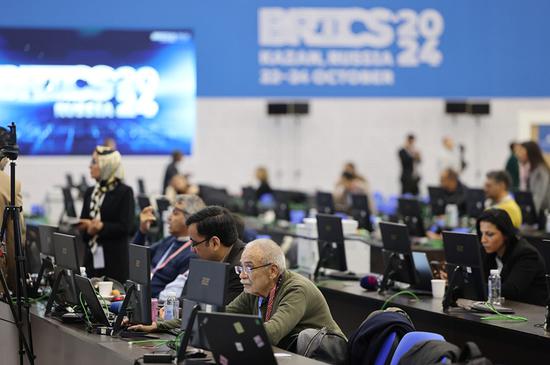
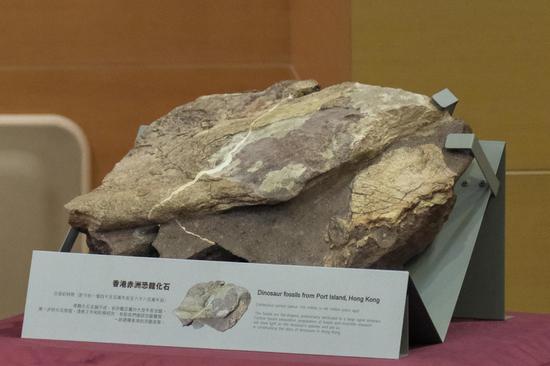
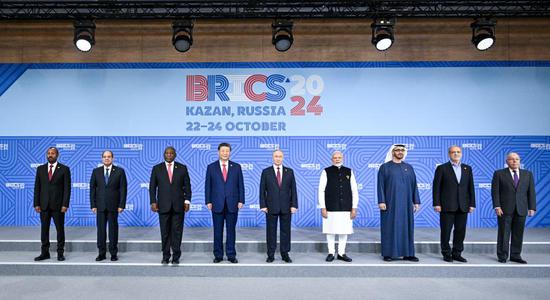



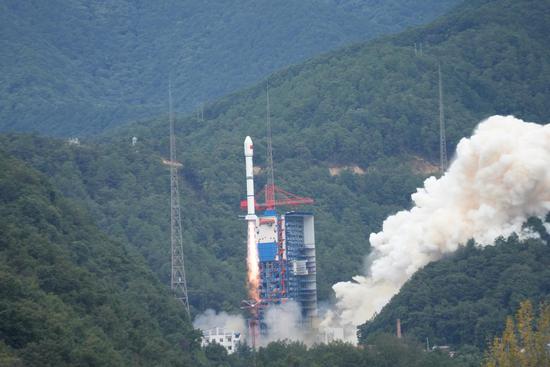


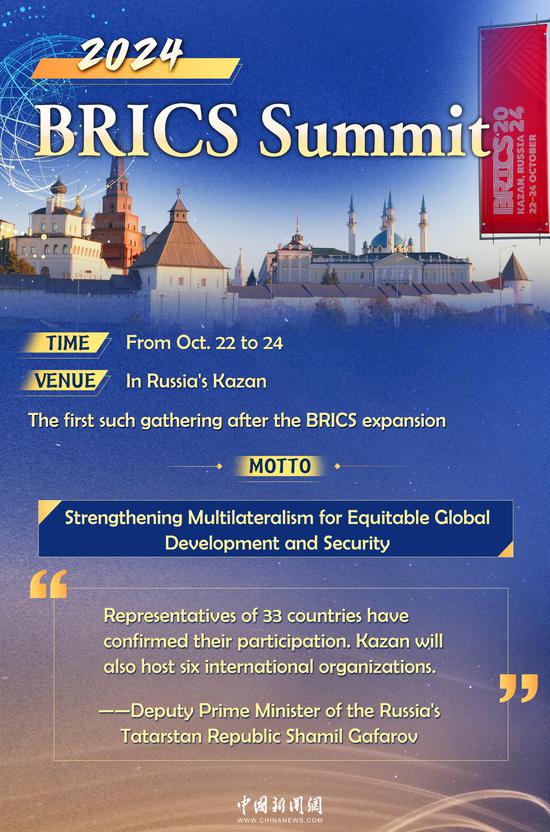






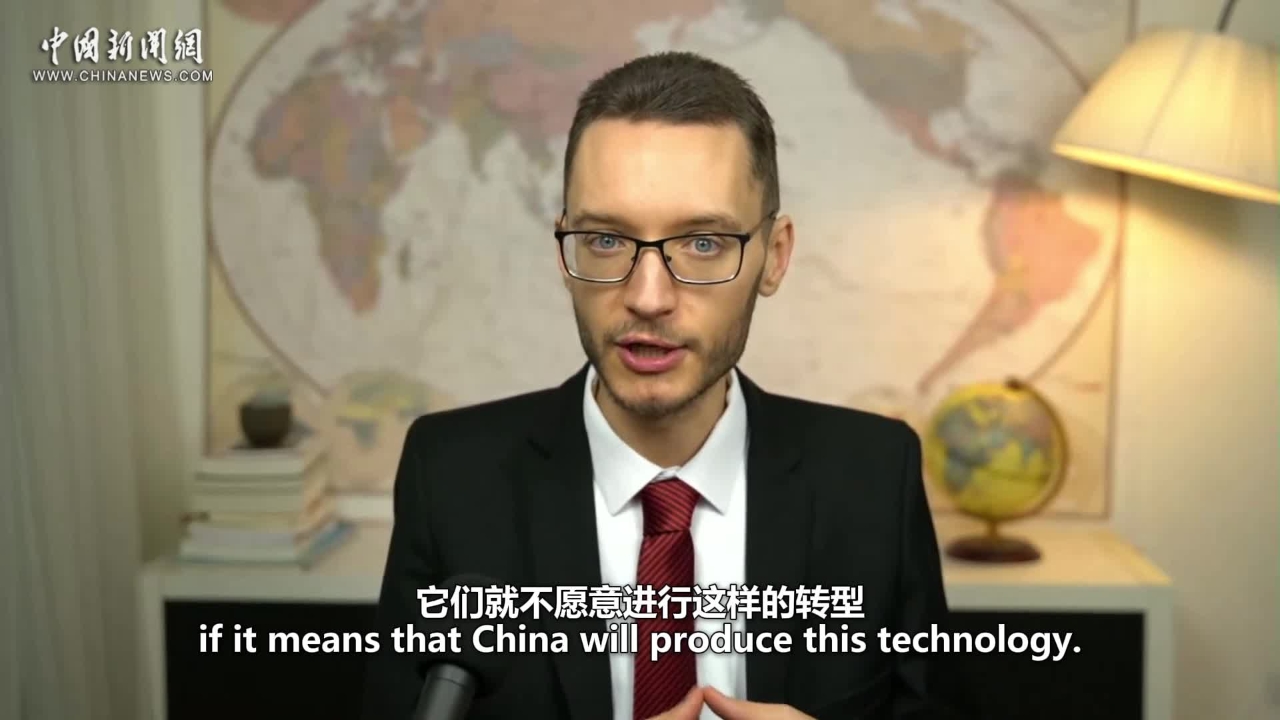

 京公网安备 11010202009201号
京公网安备 11010202009201号